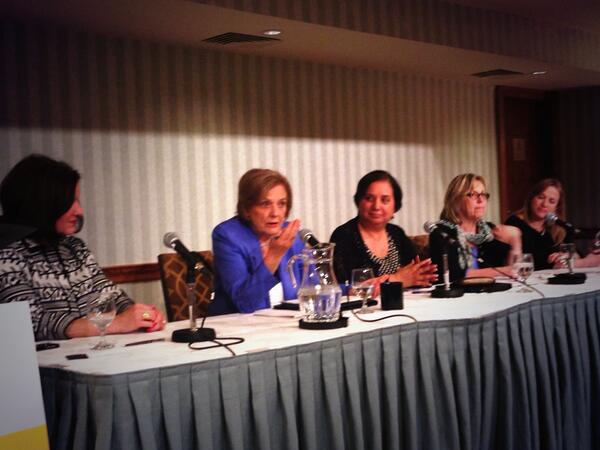 Last week the Toronto Mayoral election was thrown a
curveball. Current Mayor Rob Ford dropped out of the mayoral race due to health
problems, and his brother Doug, who is currently a city councillor, joined the
race at the last minute. This week we learned that Rob Ford has an abdominal
tumour and will be undergoing chemotherapy. I want to talk about how this
effects the election.
Last week the Toronto Mayoral election was thrown a
curveball. Current Mayor Rob Ford dropped out of the mayoral race due to health
problems, and his brother Doug, who is currently a city councillor, joined the
race at the last minute. This week we learned that Rob Ford has an abdominal
tumour and will be undergoing chemotherapy. I want to talk about how this
effects the election.
For one, I think this gives the Chow campaign a much needed
boost. From my own interactions with voters and from what I’ve seen in the
media, there are a lot of voters who were going to vote for John Tory because
they absolutely did not want Rob Ford to win. Some people even suggested that
Olivia Chow drop out so that they don’t split the votes and let Rob Ford win. With
this new development, this is no longer a big issue. I think people who absolutely
did not want Rob Ford back as mayor now have the opportunity to think about all
the candidates and their policies.
Secondly, while a lot of Ford nation will vote for Doug
Ford, there are rumours that he is much less popular than his brother Rob. It
is possible that many of these people choose to vote for another candidate,
however they would most likely vote for Tory because his policies are more
conservative than Chow’s.
 I also think that this will have an interesting effect on
the media. This will hopefully allow for a greater focus on policies and on
issues, which may help the Chow campaign. At the same time, it is likely that
the media won’t be as harsh on Rob Ford now that he is ill. It will be
interesting to see how Doug Ford talks about his brother’s reign as mayor and
what he would or wouldn’t do differently.
I also think that this will have an interesting effect on
the media. This will hopefully allow for a greater focus on policies and on
issues, which may help the Chow campaign. At the same time, it is likely that
the media won’t be as harsh on Rob Ford now that he is ill. It will be
interesting to see how Doug Ford talks about his brother’s reign as mayor and
what he would or wouldn’t do differently.
On the other hand, Rob Ford being involved guaranteed a high
voter turnout. Whether people absolutely loved him or hated him, almost
everyone had some feelings towards him. People were going to vote to make sure
he was removed from office or to make sure he got a 2nd term as
mayor. Many of these people may choose not to vote now, if they are apathetic
about the other choices. However Doug Ford may evoke similar sentiments from voters.
One interesting thing is that Rob Ford has not dropped out
of the election completely. Instead of running for mayor he has decided to run
for city councillor in Ward 2 in Etobicoke. Rob Ford previously served 10 years
as city councillor in the ward and it was currently being represented by his
nephew, Michael Ford. He has now dropped out of that race to run for school
board trustee in Etobicoke Ward 1. I’m quite surprised at how many Ford’s are
involved in Toronto politics. I find it interesting that Rob Ford has decided
to continue to be involved in city politics even though he is ill. How can you spend
your time at city hall representing your ward if you are spending your days in
the hospital? You would think he would want to focus on getting better and
spending time with his family, but at this point I think everyone has given up
trying to figure out what goes on in his mind.













